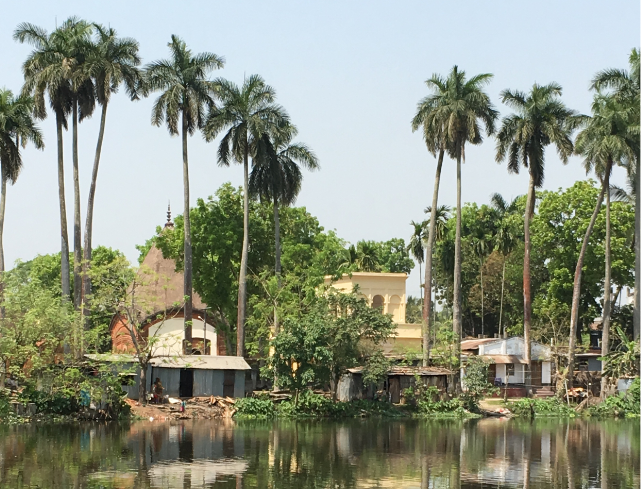Where We Work
Grants Signed
117
Local Partners
358
Direct beneficiaries
3.8 Million

Sustainable Development Goals

Peace, Justice and Strong Institutions
(SDG 16)

Poverty Reduction
(SDG 1)

Quality Education
(SDG 4)

Gender Equality
(SDG 5)

Economic opportunity
(SDG 8)

End Inequality
(SDG 10)

Innovative Partnership
(SDG 17)
These goals are based on those set forward in the 2030 Agenda for Sustainable
Development, adopted by all United Nations Member States in 2015
Become a GCERF Partner Country
GCERF works in countries where there is a demonstrated risk of violent extremism and where a direct investment in local NGOs can have a positive impact. To determine this, GCERF follows rigorous processes that include the launch of an in-country needs assessment to understand the local drivers of radicalisation to violent extremism, and a formal request for intervention. The formal request must come from the highest PVE or counter-terrorism entity of the national government. GCERF’s Governing Board then assesses the request, taking into consideration funding availability, need, risk and potential impact.

Newsletter
Stay updated on the latest news from GCERF
